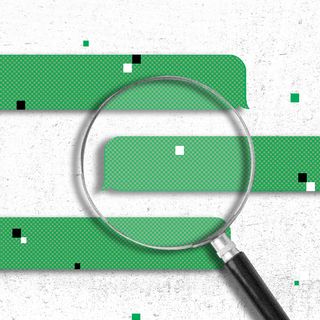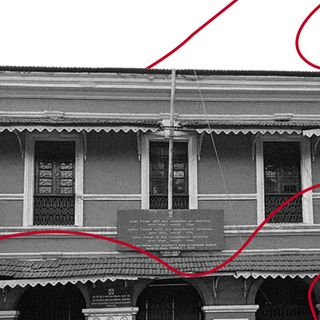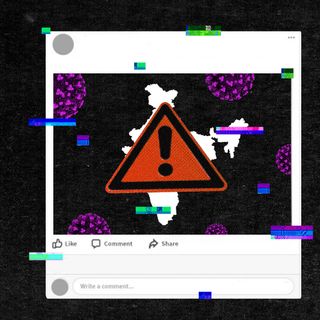The National Human Rights Commission (NHRC) has urged the central and state governments to submit reports on the “poor working conditions” of Accredited Social Health Activists (ASHAs), who are tasked with linking people in rural and urban poor areas with the health system.
ASHAs have functioned as the frontline workers during the pandemic — their duties include taking Covid19 tests and ensuring home isolation, in addition to previous responsibilities such as conducting surveys and holding awareness campaigns. Over the last year, ASHA worker unions have protested across the country, citing lack of protective equipment, payment of arrears, sufficient wages, and social security incentives during Covid19 — they went on a nationwide strike earlier this week to demand recognition. Many continue to work in rural regions without adequate pay and protection.
“The National Human Rights Commission, NHRC, India has taken cognizance of a complaint that the ASHA (Accredited Social Health Activist) workers are not getting their dues and safety equipment despite being working on the frontline during the Covid19 pandemic in the rural areas across the country,” the Commission said in a statement. The NHRC notices have gone out to the Union Ministry of Health and Family Welfare, and the chief secretaries of each state, who now need to file a reply within six weeks.
Related on The Swaddle:
ASHA Workers Protest In Bengaluru Due To Low Wages, PPE Shortages
The NHRC added that if the allegations are true, they present a huge problem as most of India’s rural healthcare system relies heavily on ASHA workers. ASHAs are integral to rural communities — their engagement at a local level, with respect to preventative measures and effective means to care for infected individuals, was critical in bringing India’s first Covid19 wave under control, according to the World Health Organization.
In order to address the present situation, the NHRC asked for the governments to respond with details about the number of ASHA workers active in each state, their status, the amount of remuneration they receive, other dues paid to them during the pandemic, arrears in payment, and other health protection measures in place to safeguard workers from contracting Covid19.
The report also needs to include facilities provided to ASHA workers’ family members, compensation amounts in event of fatalities while on duty, long-term health insurance, and other social securities the government is offering, the NHRC said.




